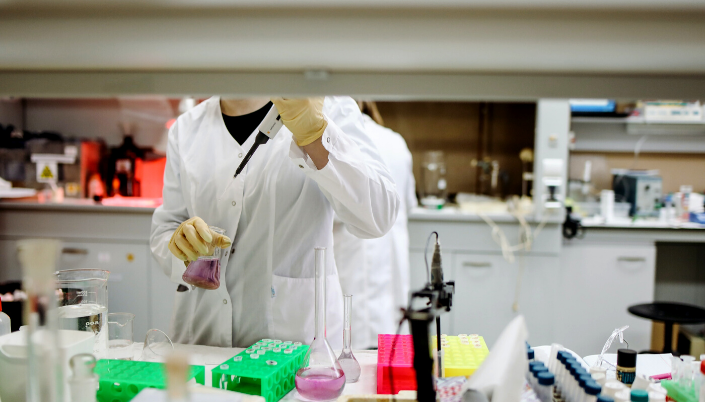

Not Just a Vaccination Service
16 Feb 2009 by Olga Brighton
Travel Health Newsletter - August 2006
Skin cancer

Skin cancer is currently the most common type of cancer in the UK, with over 65,000 cases being diagnosed every year. It also has one of the fastest growth rates for cancer. Most skin cancers are caused by long-term exposure to the sun, or to UV light, such as the use of sun beds, and could be prevented by minimising exposure to these sources, by regularly applying sunscreen, wearing long sleeved clothing. With the recent heat wave in the UK equal care should be taken at home.
Read also: Vaccination Needed to Travel to Madagascar
To spot skin cancer you should check your skin regularly and get your partner or someone else to check areas that you cannot easily see, such as your back. You should look for sores or lumps that persist for over 4 weeks, which may itch, appear as scabs, continue to bleed, or appear eroded for no apparent reason.
For more information go to Cancer Research UK's website.
Cholera
Cholera is transmitted via contaminated water, shellfish and sometimes food. Symptoms include severe diarrhoea, which can last 1-7 days, and up to 20 litres of diarrhoea may be passed in one day. The cholera vaccine is given by mouth, and has been available in the UK since 2004; it may also offer protection against traveller’s diarrhoea. Preventative measures include the avoidance of non-bottled water, including ice cubes, and any food that may have been washed in non-bottled water. Outbreaks occur across the globe, with the most recent reported in Angola, Guinea, Chad, Iraq and India.

FACTFILE:
- Every year only about 6 people die globally after being bitten by a shark, however malaria infects 500 million people a year, of which at least one million die.
- Infectious tropical diseases are not the main reasons for the hospitalisation and death of UK travellers, road traffic accidents and drowning account for the majority of the 4000 known deaths abroad in 2003. We cannot vaccinate against HIV but we can vaccinate against Hepatitis B.
- Reuse of syringes and needles without sterilisation exposes millions of people to infection, often they are just rinsed in tepid water between injections. In some countries the proportion of injections given with syringes or needles reused without sterilisation is as high as 70%. Make sure that you have all necessary vaccinations before you travel and take a clean needle pack! (WHO)
"Published with he kind permission of The Travel Clinic Ltd "
Get to know about vaccination service to prevent terminal illnesses.Travel safely with Globelink travel insurance!
Read also: 3 Essential Facts About Vaccinations And Travel Insurance
We accept


